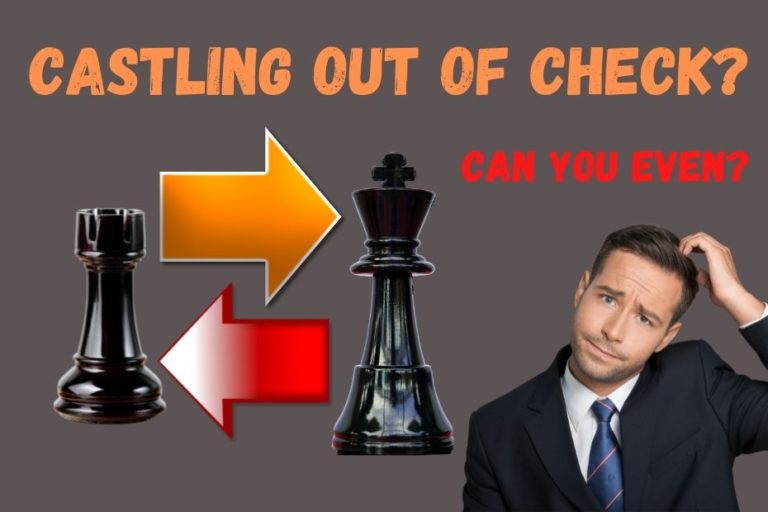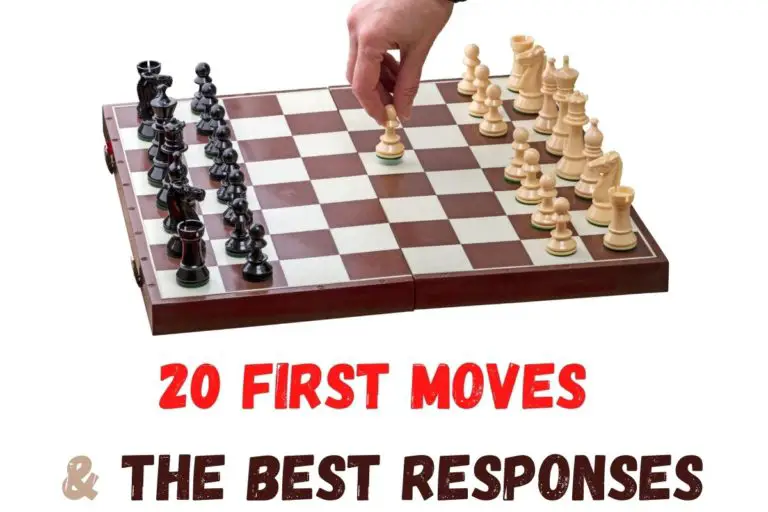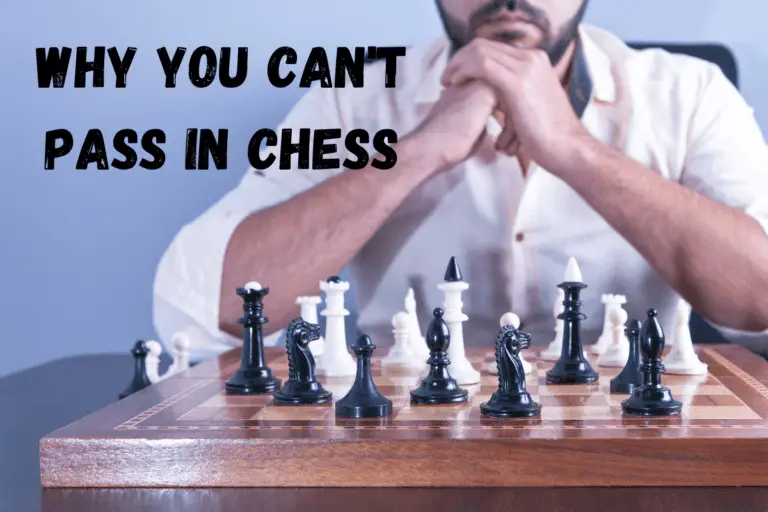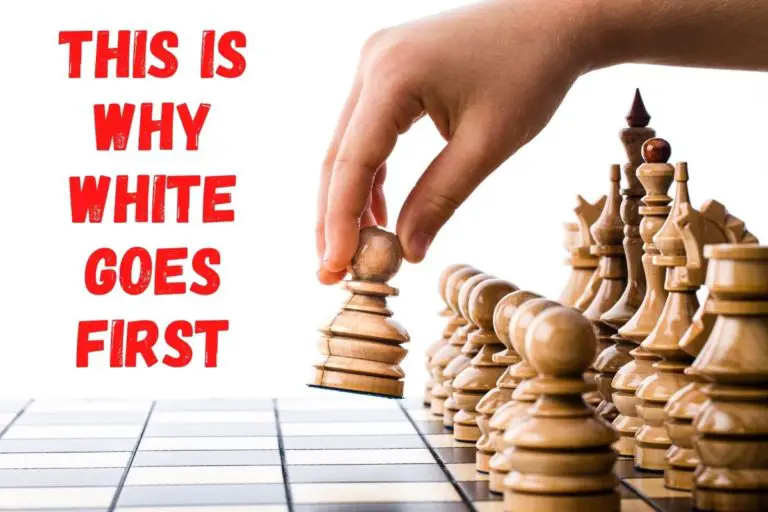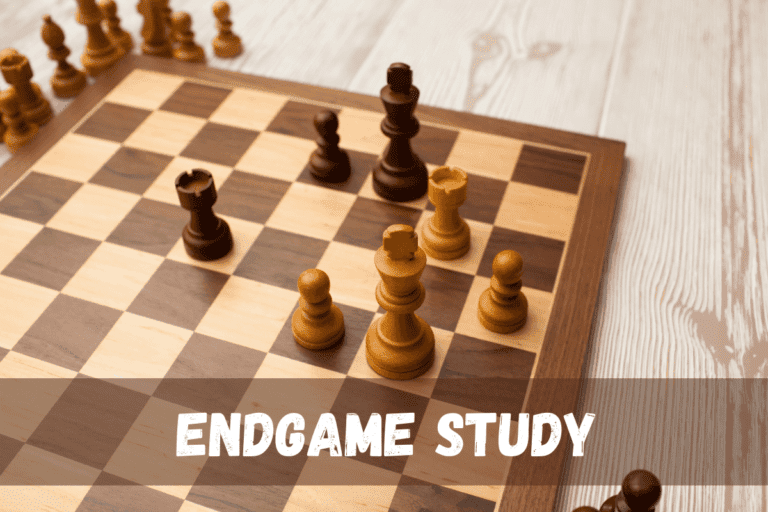Anyone Can Learn Chess: Debunking IQ Claims
⭐⭐⭐ Take 5 minutes to read and improve your chess game ➡️ : This article was first published on, and is Copyright of Chessquestions.com
Chess can be an intimidating game for many people. This is mainly because it can seem like only the “geniuses” can learn chess. The reality is that anyone can learn how to play chess, no matter what their IQ score is. There are some claims that a higher IQ will allow one to better understand complicated moves in chess, but this has not been proven.
Anyone can learn chess regardless of previous knowledge of the game, intelligence, or ability, and totally discount IQ scores, it means nothing in terms of learning the basic moves and strategies of one of the world’s oldest and most played board games.
Getting Started
If you want to learn the game of chess, then you should start by reading books on the subject. It’s a great way to learn chess without having to spend money on lessons or equipment. Books can also provide a lot of information on different openings and strategies.
Another way of getting started is to register and sign up for a site like chess.com – there are some basic things you can learn to get started, and if you wish to learn at a greater pace than a free subscription will allow, signing up to a premium package will still work out cheaper than books or course at the very early stages of picking up the game.
Books use Algebraic notation which is one downside to getting started with them, you would have to learn how the notation system works in a chess game first although, again, this is not difficult.
I have a very simple guide to algebraic notation which will get you up and running in less than 10 minutes.
Beginner’s courses for playing chess are not worth the money when it simply comes to being taught the pieces, the basic rules, and the moves that each chess piece can make.
This information is freely available at no cost, either here on Chessquestions or through many videos available on sites like YouTube.
How Long Does it Take
I have always maintained that to become good at chess takes only 20 hours of learning and practice.
Seriously, 20 hours of dedicated learning, and you will learn the rules of chess and become good at the game and totally surprise yourself. 20 hours to get started is a super time investment.
Imagine practicing anything for 45 minutes a day every day for a month, a handstand, juggling, even a new skill to be used in a working environment – give it 20 hours and you will become proficient.
- To Learn The Basics – 2 Hours
- To get Good – 4 weeks or 20 hours
- Titled expert – 2 years
- Titled Grandmaster – 6-7 years
Beyond getting good improvement is incremental and gets harder, and slower as time goes on and you become progressively better on the chess board.
To gain a title in chess as strong players, such as Candidate Master is going to take at least two years, and should you have aspirations of taking your chess level to International Master, Fide Master or Grandmaster, do not expect to be able to do so quickly, this is going to take many years.
The reason for this is there is a requirement to have been active in FIDE’s eyes for a length of time before consideration and you have to find a sufficient number of Official tournaments to play and gain grandmaster norms to even be considered for the highest titles.
Openings
In chess, openings refer to the first few moves of each player. They’re often referred to by the opening name as per the Encyclopedia of Chess Openings, systems such as the Vienna Opening, Reti game o London System.
All openings are named after just the first move made by white of which they are 20 possibilities.
From there the opening name can change depending on Black’s response and the next moves made by the white pieces.
Opening strategy is one of the most studied theories in chess, and it is good to pick one of two of the best openings for white to study, and again one or two for black.
Trying to learn any more than this can become confusing for someone trying to learn chess from the start, so yeah anyone can learn chess but don’t overload your brain with too much theory.
Middle Game
In the middle game, players try to develop their pieces into powerful weapons. They may sacrifice pawns to gain more space, or they may attack each other’s king. A player who makes a mistake here could lose the game.
The middle game begins the moment the final book move has been made in the opening sequences. The middle game is all about trying to gain some advantage, usually through control of the center of the board and ensuring your king is protected at all costs.
One slip here and you may be entering the end game before you are ready. There are also some special rules to be learned which are often used. during the middle-game.
Endgames
End games start when most trades are complete and space opens up around the board for one or either side to begin attacking the enemy king and trying to achieve a checkmate.
Learning mating patterns and end game strategies allows anyone to become good at finishing a game off or defending a precarious position to possibly play for a draw or stalemate and improving your chess strength.
Use Chess.com
As mentioned previously, using a chess website like chess.com is going to provide you with online learning tools, with drills, puzzles, and online opponents so you can play and practice what you are learning.
Anyone can sign up for a free chess.com account and use many of these tools on site for free.
There are limits to how many lessons you can take or puzzles you can complete in a day, but there are tiered subscription levels that allow you to have unlimited lessons from top chess players, video courses and more.
Play Games and Don’t Worry About Losing
Playing games of chess is a great way to learn and can provide you, after analysis, what areas of your game you could improve.
Again a site like chess.com, will help you analyze your games, and give you hints and tips, and lessons to take after identifying critical mistakes and blunders you have made whilst playing games.
One of the hardest things about learning chess is losing games. no one likes to lose but it is inevitable when being pitched against a computer or better-rated players in competitive games.
The most important thing to do is to try to take the positives from losses by finding out where you went wrong, and learn how to avoid those mistakes in the future, which will rapidly improve your game and your chess rating.
Does IQ Make a Difference?
There is no doubt that the main basis of IQ testing is about setting problems to be solved either mathematically or logically within a time frame, so in essence, being able to solve a problem and doing so quickly is going to help when learning chess, but that really only goes for the very advanced level.
As a beginner, it can actually be argued that a lower IQ makes it easier to embrace and figure out the basics without over-thinking things.
While there are many top chess players with high IQ’s we do not know the IQ of World Champion grandmaster Magnus Carlsen, the highest-rated chess player ever, and there is no doubt plenty of other players who have no more than an average IQ test score who are titled and even FIDE grandmasters.
Conclusion
Anyone can play chess at any level they wish as long as they are prepared to learn the game and develop their skills to compete at whichever level they aspire to play and without any concern for an IQ score better than someone else’s.
Ignore IQ when learning chess, it will serve only to be a distraction.
The most important thing about learning to play chess is to make sure it remains fun, and anyone can do that!


